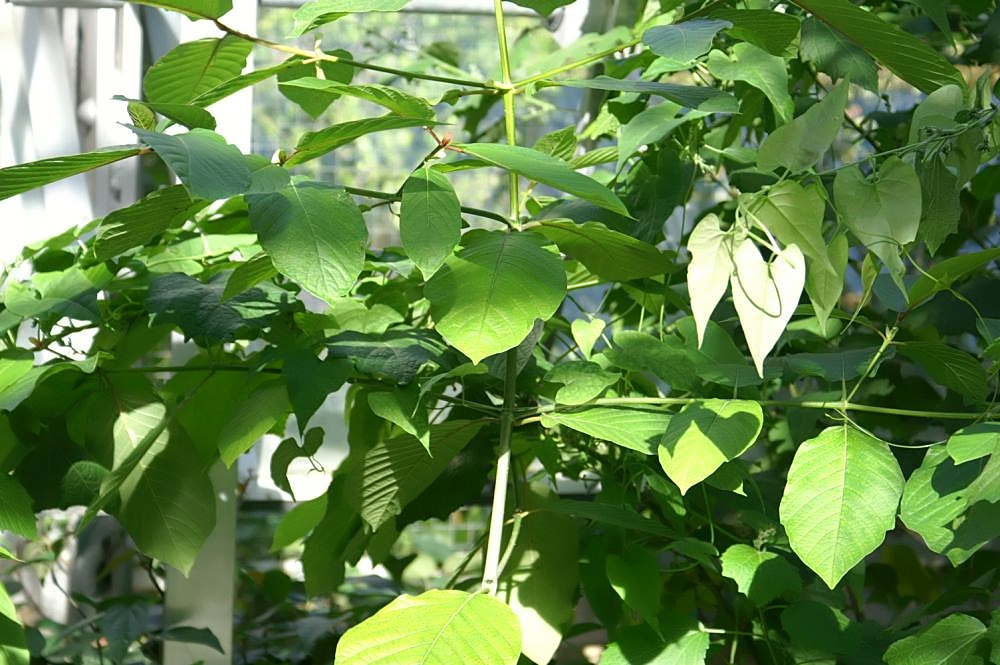KUALA LUMPUR, July 23 — Former Rubber Industries Smallholders Development Authority (Risda) chairman Zahidi Zainal Abidin urged the government to allow commercial ketum plantations, amid dropping palm oil and rubber prices.
Zahidi, who is also Padang Besar MP, told The Malaysian Insight that the government could tax the sale of ketum, amid plans by the Health Ministry to amend the Poisons Act 1952 to outlaw the cultivation and sale of the psychoactive plant.
“Funds from the sale can be used to combat drug abuse and misuse of ketum. From the tax, we can give up to RM3 million to RM4 million to the states each year to fight drug addiction,” the Umno MP was quoted saying.
“A ketum business will give the country a large income and will help rural folk.”
Zahidi reportedly said ketum, known as “kratom” in the United States, was popular abroad, especially in the US.
He claimed that for every acre (0.4ha) of the plant, a farmer can make up to RM20,000 a month and that Indonesia made RM10 million monthly from growing ketum in Kalimantan.
“We lose RM100 million each year because we prohibit growing ketum for commerce. Our trees are far better than those of Indonesia or Thailand.”
A farmer from Penang told The Malaysian Insight that he could save up to RM10,000 per month after he started planting ketum in 2000, compared to only RM3,000 to RM4,000 previously when he worked as a sub-contractor and rented out his land to paddy farmers.
Deputy Health Minister Dr Lee Boon Chye said earlier this month that the ministry was considering outlawing ketum because of increased substance abuse combining the product with alcohol, opioids, or amphetamines.
The US Food and Drug Administration (FDA) warned consumers last April not to use ketum (Mitragyna speciosa), expressing concern that the plant, which affects the same opioid brain receptors as morphine, may expose users to addiction, abuse, and dependence.
American health officials found ketum to be the cause of death in 91 unintentional overdose cases from July 2016 to December 2017 in the US.








